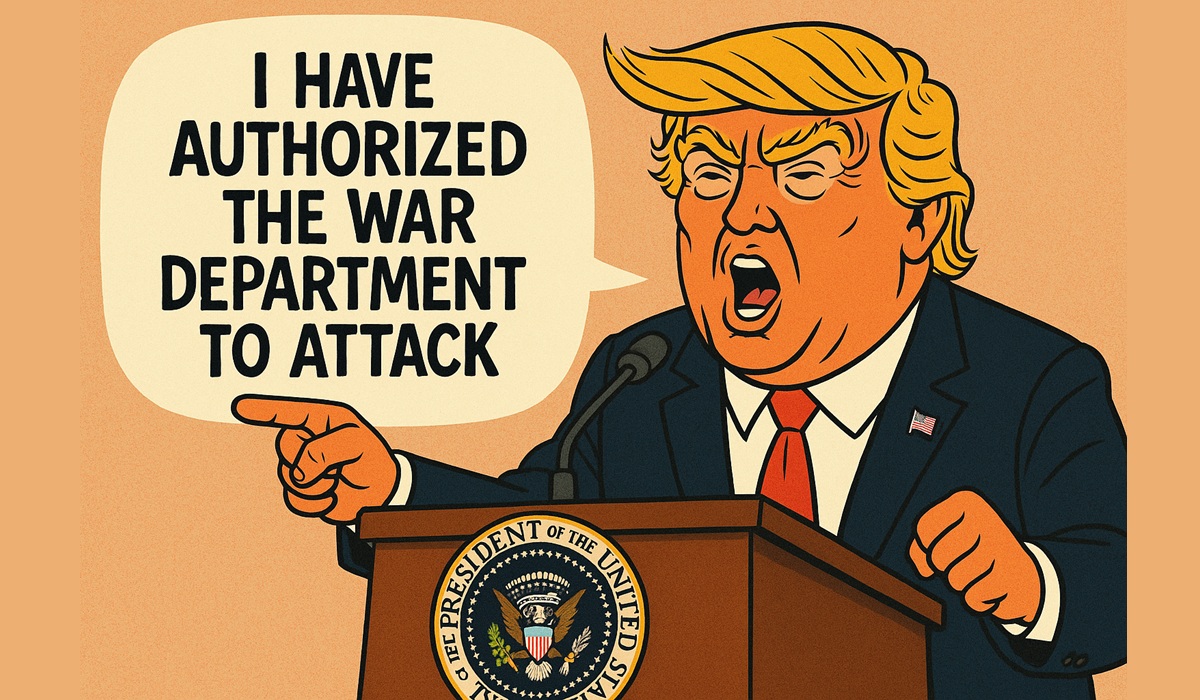Pak- Afghan Taliban Dilemma: Opportunity or Challenge?
- Bakhtawar Naveed
- Middle East
- Trending News
- October 21, 2025

The recent ceasefire between Islamabad and Kabul’s ruling movement has reignited debate across South and Central Asia. After weeks of border skirmishes and diplomatic tension, this fragile truce feels like a breakthrough—but the real question remains: will it hold? Can Afghanistan’s leadership, torn between ideology and internal division, build genuine stability and trust with its neighbor?
Relations between the two nations have long been uneasy. Disputed borders, cross-border militancy, and accusations of interference have kept them locked in suspicion. When the new rulers took control in Kabul, many in Islamabad believed that shared roots and historic ties might pave the way for improved relations. Those hopes, however, have quickly dimmed.
In recent months, clashes at border points like Chaman and Torkham have reignited old grievances. Security concerns have grown as militant factions such as the TTP continue to operate from Afghan territory. Frustrated by inaction, Islamabad pressed for a ceasefire—an effort reportedly encouraged by Beijing, eager to safeguard its regional investments and strategic interests.
China has played a central role in promoting dialogue through trilateral meetings in Beijing, aimed at strengthening economic cooperation and uniting the region against extremism. For Kabul’s leadership, this Beijing Accord offered a rare chance to emerge from isolation and present themselves as credible international actors.
Yet progress since that meeting has been limited. No meaningful steps have been taken against the militants responsible for cross-border violence, and promises of foreign investment have yet to materialize. Beijing’s patience is thinning, as doubts grow about whether Afghanistan’s new rulers can be trusted as dependable partners.
Meanwhile, the situation inside Afghanistan remains bleak. The economy is in collapse, women’s education and rights are suppressed, and global recognition remains out of reach. Rather than focusing on diplomacy, the leadership seems consumed by internal control and legitimacy struggles.
Adding to the tension is a rise in anti-Islamabad sentiment within hardline factions. Some accuse their neighbor of acting as a proxy for Western interests or failing to champion Kabul’s cause internationally. This perception has eroded trust and deepened the political rift between the two sides.
The consequences extend far beyond their shared border. Strained relations could also jeopardize developing ties with major powers like China and Russia. Beijing’s interest in Afghanistan lies largely in its mineral reserves and its potential role in the Belt and Road Initiative. Should hostilities flare again, Chinese investment plans could quickly evaporate.
Moscow, too, is watching closely. For Russia, Afghanistan remains a strategic buffer for Central Asian stability. Any resurgence of militant networks could threaten its influence in the region. Both Beijing and Moscow have maintained diplomatic engagement, but neither will tolerate prolonged instability. Continued unrest may push them toward a harder, more cautious stance.
For Islamabad, this ceasefire is both a window of opportunity and a test of patience. If genuine efforts are made to curb militant activity and build mutual trust, regional stability and shared prosperity could follow. With China’s mediation, a broader framework for cooperation might finally take shape.
But if history repeats itself—if promises are broken and violence continues—Islamabad may be forced to rethink its entire strategy toward Kabul. The nation is already burdened by economic strain and domestic insecurity. Persistent threats from across the border may compel a more assertive, even military, response to protect national interests.
This truce, though hopeful, is fragile. Its success depends on sincere actions, not empty assurances. Violating the Beijing Accord or continuing a double game will alienate not only regional neighbors but also potential allies like China and Russia—partners vital to Afghanistan’s survival.
The leadership in Kabul must recognize that global legitimacy is earned through accountability, not ideology. The world is watching for evidence of responsible governance. If commitments are abandoned, the current calm could collapse into renewed conflict—destabilizing not just two countries, but the entire region.
The choice is clear: pursue genuine cooperation and lasting peace, or remain trapped in cycles of mistrust and isolation, repeating the very mistakes that once led to ruin.








